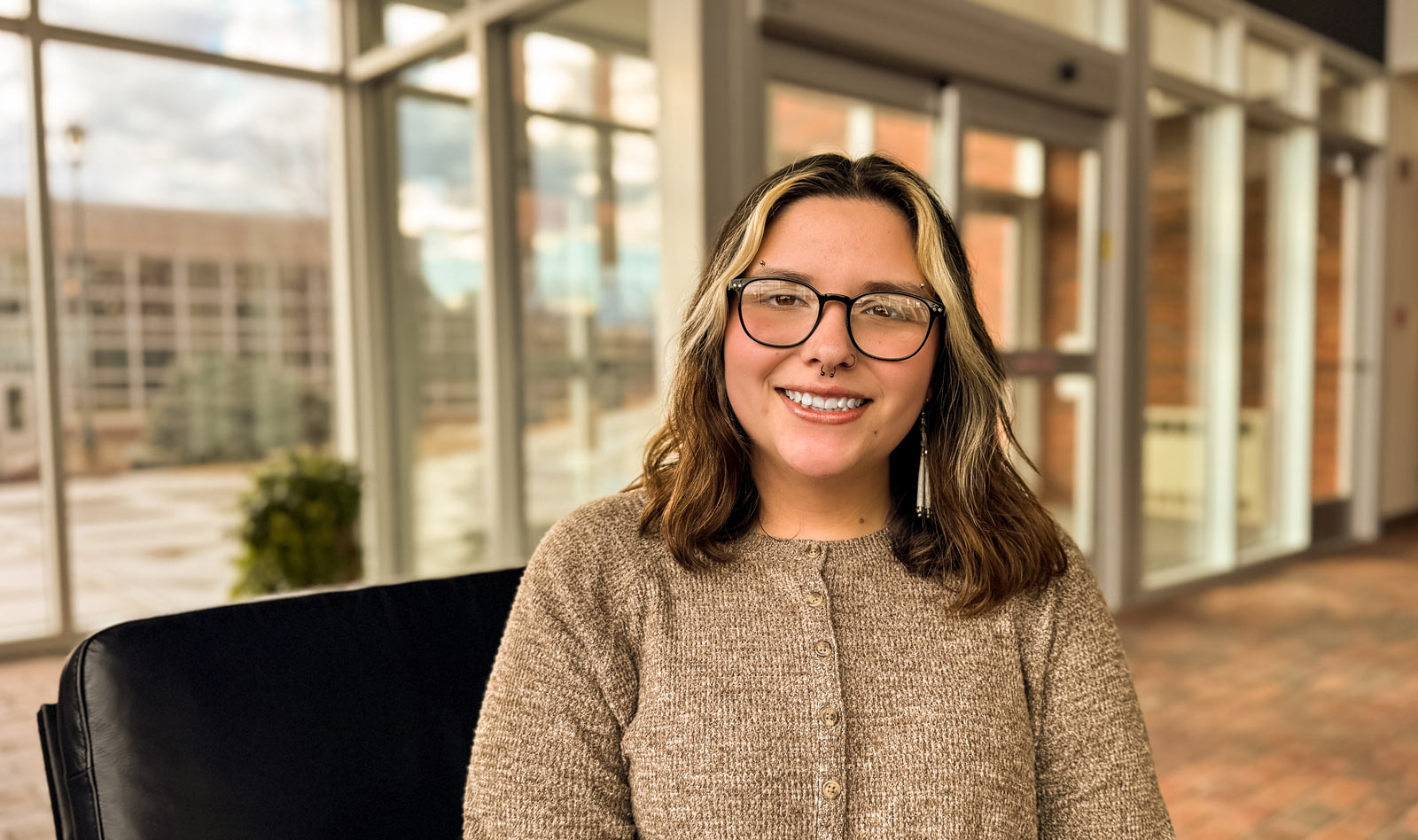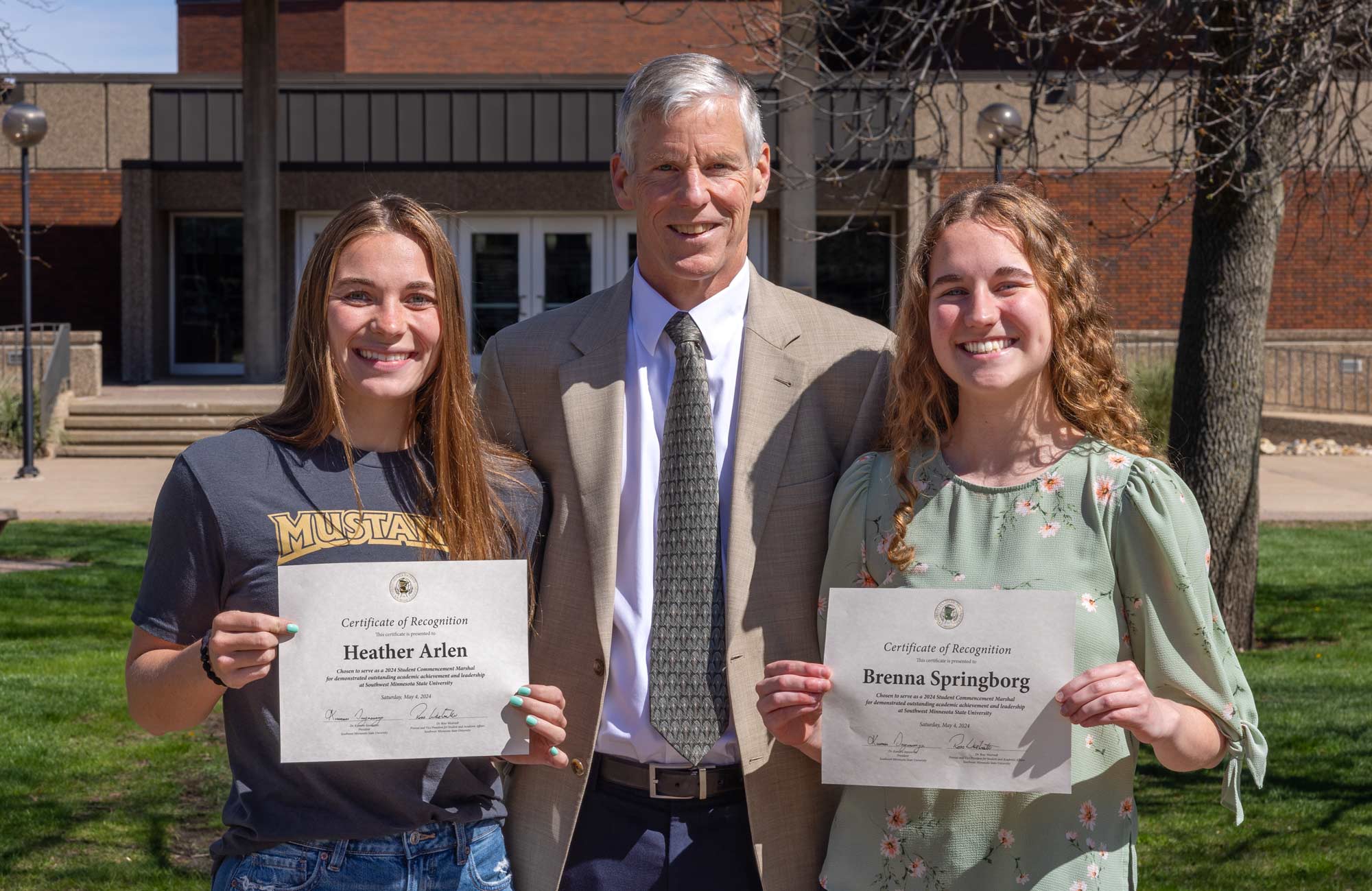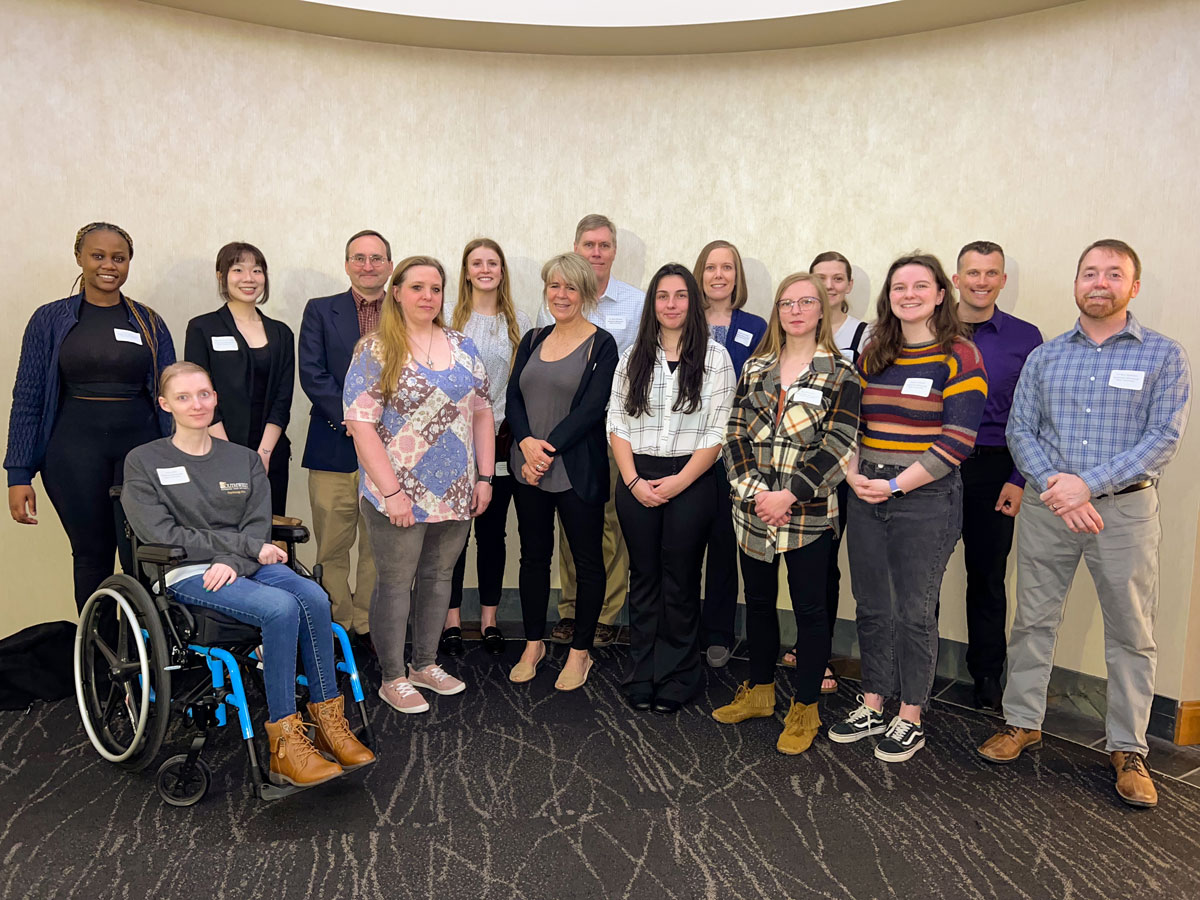Are You Happy? Dr. Bill Pavot Can Explain Why
Published Friday, December 14, 2018
The holiday season seems to buoy the spirits of many. They’re just happier, it seems.
And if there’s someone who can tell you about happiness, it’s Dr. Bill Pavot, Professor of Psychology at SMSU.
He’s known across the globe for his groundbreaking work in the study of happiness. “I had finished my undergraduate work at Purdue in 1986 and was admitted to the grad program at Illinois. I worked with Ed Diener, who was just getting started with his happiness research, which was pretty revolutionary at the time,” said Pavot. “It was radical and a hard sell initially. People thought we were a little crazy, they didn’t see the value in (studying) happiness. His study was related to the ways people can be more happy and so forth. Most people in psychology were studying unhappiness, not happiness.”
The two have collaborated on research ever since, and their work is well known in the world of psychology.
“We started off trying to figure out what life circumstances would make people happy — wealth, poverty, gender, age, older, younger, etc. We didn’t find much. People seemed to be fairly close (in happiness) in terms of gender and age, we didn’t see a lot of disparity. Where we did see disparity is with personality. That’s where I got involved. I looked at various personality traits and how those would contribute to people’s happiness. We found that extroverts tend to be happier than those less extroverted.
Why would that be? “Two reasons. One is outgoingness puts one in a situation where there’s a lot of positive energy, like social events. Social energy makes them happy, and two, we found out that when they are alone they are happy, they seem to find positive things in any environment.”
Pavot and his wife Pam raised two children — Dominique, or Nikki, a teacher in the Anoka-Hennepin district in the Twin Cities, and Megan, an SMSU alumna and a statistical consultant in the Twin Cities. Megan is currently battling a second round of cancer, a fact that weighs heavy on Pavot’s mind as he talks about his career at SMSU and his life in Marshall.
He is in his last year at SMSU, and his teaching load will be finished at the end of fall semester. “I’m phasing out, but 100 percent of it is in fall semester. Corey Butler was on sabbatical this fall so it wouldn’t work if both he and I weren’t here,” explained Pavot.
What’s kept him at SMSU over the years? “I found it to be a real good fit with my kind of preferences and orientation. I have good colleagues, I like the size of the university — not too big, not too small — and I have been blessed with good students. They’re good kids, and a number of them have gone on to grad school.”
He was drawn to the field after being discharged from the military. “I got married and worked a few years and then went to a regional campus on the G.I. Bill. Frankly, there were more psychology offerings than any other field, and it was easier to get into a psychology class. I took a second class, Psychology of Adjustments, and that got into more specific theories. That’s when I really began to be intrigued by the field.”
There’s plenty of misconceptions about psychology, he said. “It’s especially true of older individuals. When I tell them I’m a psychologist, they think, ‘Oh, you’re going to shrink my head.’ The assumption is that we’re all therapists, which isn’t true at all. Some are research-oriented and do no therapy. And again, going back to the happiness stuff, that we’re not totally oriented to depression and anxiety. We also try to find strengths in ways that people can improve their lives.”
Pavot is quietly very proud of the research he’s done over the years. His work “is cited all over the world, it’s in academic publications, students use it in research projects, and a lot of people in health areas seem to be interested — they’ll measure happiness and well-being as it relates to patient outcomes. Also, people in work settings — industrial organizations want to figure out how to make the work place more positive. It’s an international thing at this point. I got an email from a student in Hanoi recently who wanted to find out about my work.”
He’ll stay busy in retirement pursuing his hobbies, which include golf and bicycling — he recently reached 35,000 miles on his bicycle log book. “In the short term, I’m concerned with Megan’s cancer treatments at the Mayo. I’ve been preoccupied with that. We’ll probably move to the metro area to be closer to the grandkids, they have a lot of bike trails and golf courses there.”
Is the man who studied happiness happy himself? “The national average is 7.5 on a 10-point scale,” he said. “Interestingly enough, Ed (Diener, his research partner) is about a 5, he’s not a super happy guy. I’m a 7 or an 8.”
As he retired from SMSU, Pavot is proud of the fact that he’s had a rewarding career, and his research will continue to be important work in the decades to come.






